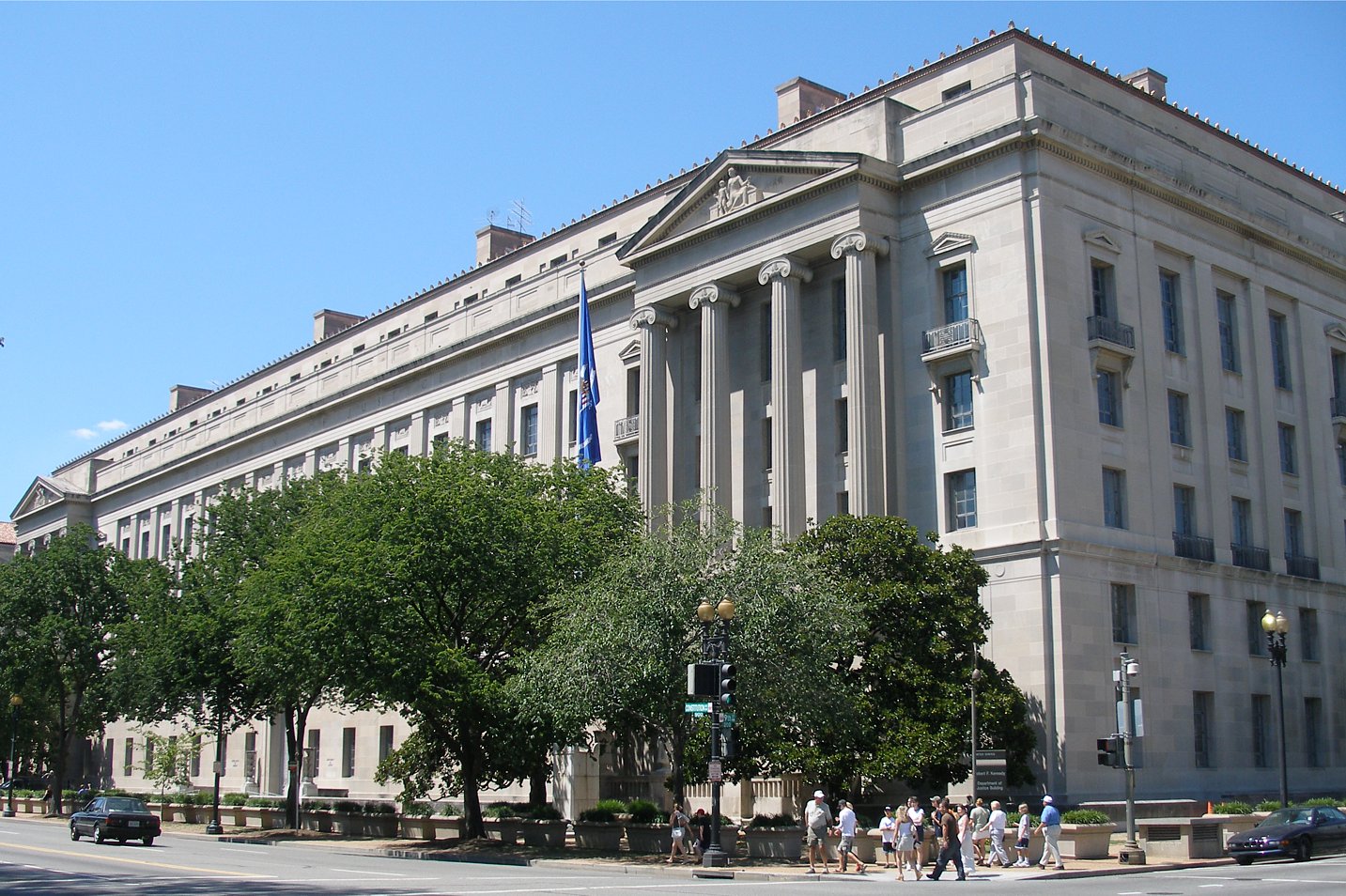New Asylum Limits: A Balancing Act for the Homeland Security Secretary
President Trump continued his push for new restrictions on asylum seekers with his April 29 memorandum to the Department of Homeland Security (DHS) and the Justice Department. In the memo, Trump directed DHS to issue regulations that would bar work permits for asylum seekers who enter the United States unlawfully and—for the first time—charge a fee for applying for asylum.

Published by The Lawfare Institute
in Cooperation With

President Trump continued his push for new restrictions on asylum seekers with his April 29 memorandum to the Department of Homeland Security (DHS) and the Justice Department. In the memo, Trump directed DHS to issue regulations that would bar work permits for asylum seekers who enter the United States unlawfully and—for the first time—charge a fee for applying for asylum. While Trump justified this request to DHS and the Justice Department as a response to the recent marked uptick in arrivals at the southern border—mostly from Central America—each measure is a blunt instrument that could harm bona fide asylum claimants.
Trump’s memo does not itself direct changes in asylum policy. Instead, the memo directs DHS and the Department of Justice to “propose” “appropriate” regulations within 90 days. The use of the terms “propose” and “appropriate” suggests that both DHS and the Justice Department must confine themselves to existing statutory authorities in the Immigration and Nationality Act (INA) and must solicit input from stakeholders before the proposed rules become final—a procedure called “Notice and Comment” under the Administrative Procedure Act (APA) governing federal agencies. Once the rules become final, they are subject to challenge in the courts.
Stakeholders will surely convey to DHS and the Justice Department that restricting work permits and imposing fees will harm genuine asylum seekers. Congress has given the executive branch authority to issue work permits and charge fees. (See 8 U.S.C. § 1158(d)(2) and (3).) Further restrictions could impose substantial hardships. Under long-standing regulations, an asylum seeker can apply for a work permit 180 days after filing an asylum application. The 180-day “asylum clock” balances immigration control and humanitarian concerns. Officials initiated the clock concept in the 1990s to curb frivolous asylum claims that officials believed had proliferated when work permits were available immediately, but the asylum clock also recognizes that bona fide asylum seekers will suffer harm if they cannot work for the entire time required to adjudicate their applications. Further delays in adjudication not attributable to the applicant will not affect eligibility, so asylum seekers can support themselves and their families as they wait their turn for an asylum hearing, which can take three years or more with the current backlogs in immigration courts.
Barring work permits for those who entered the U.S. illegally, instead of presenting themselves at a port of entry, would single out applicants for reasons unrelated to the merits of their claims. As courts have recognized, asylum seekers cannot always pick and choose their manner of entry. Some face exigent circumstances that require entrance to the United States without the delay afflicting official ports of entry. Denying work permits to this group might deter some frivolous claims but would also harm individuals with meritorious applications.
DHS might respond that cutting all adjudication times to 180 days, as Trump’s memo also directs, will eliminate this harm. However, this is easier said than done. As the noted immigration scholar and former DHS Deputy Counsel David Martin explained on Monday, Congress already requires adjudication within this time frame. However, the volume and complexity of asylum claims has made fulfillment of that goal impossible, leading to the current Dickensian delays plaguing immigration courts. Without radical changes that ensure both accurate and timely asylum adjudications, that dire situation will continue, leading to hardships for those who must wait out the system without the ability to work.
Charging a fee for asylum claims would trigger similar hardships, depending on the fee involved. The United States, like most countries, has never charged a fee for seeking asylum. That long-standing practice recognizes that financial means have nothing to do with the merits of an asylum claim. An individual who cannot afford the fee established by DHS may have a better claim than an individual who can readily raise the cash required. Setting a “cover charge” for asylum risks making refugee status into a preserve for the affluent rather than a haven for the oppressed. To be sure, the exclusionary effect of a fee will vary with the amount charged: A nominal or moderate fee (e.g., $100) may be within reach of most applicants and may only discourage applicants whose claims are already dubious, while a prohibitive fee (more than $500) will deter even meritorious claims. Between these poles, DHS may have a zone of discretion under both the INA and sound asylum policy.
How DHS implements the Trump memo may signal what to expect from Acting DHS Secretary Kevin McAleenan. With a substantial record including service as director of DHS’s largest unit, Customs and Border Protection, McAleenan has embarked on his new responsibilities with widespread credibility. Tuesday’s testimony by Secretary McAleenan at a House appropriations committee hearing was vastly different in tone than recent acrimonious appearances by former DHS Secretary Kirstjen Nielsen, who implemented the administration’s disastrous family separation policy. Over time, McAleenan may well confront the same dynamic that drove Nielsen’s departure: a choice between implementing the INA fairly and transparently in cooperation with Congress, or acceding to White House prodding for even more aggressive measures. White House immigration adviser Stephen Miller has already expressed impatience with the deliberation required by the APA’s notice and comment procedures. Only time will tell if Secretary McAleenan can manage to stay in the good graces of both the White House and Congress while withstanding challenges in the courts.




